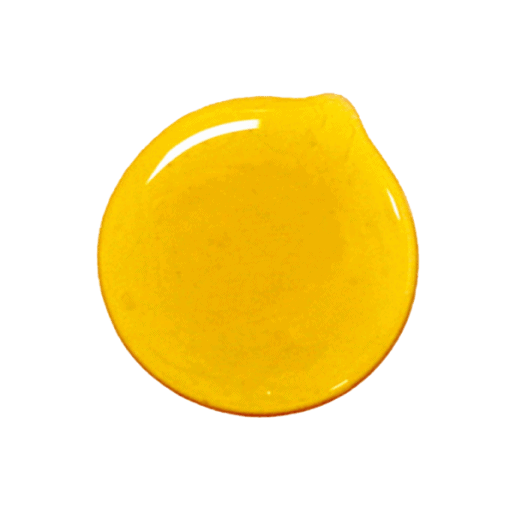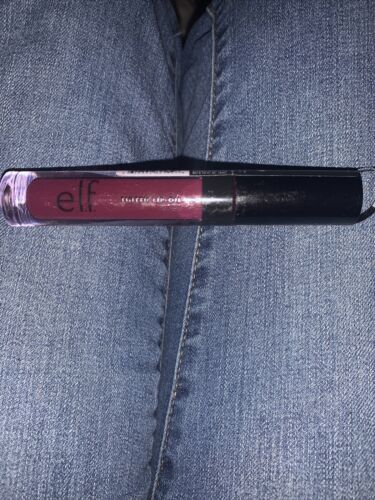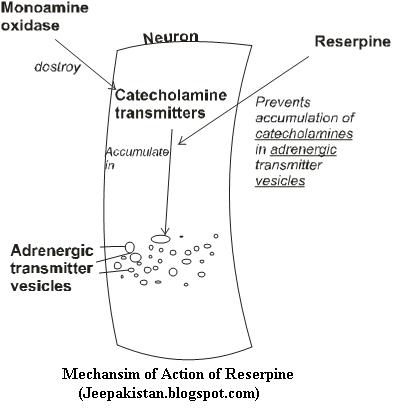
Epidiolex FDA approval, the first FDA approved drug that contains a purified compound derived from marijuana (the pharmacological component of cannabis), is now available. This new medication was approved for treating seizures in patients aged 2 years and older with Lennox–Gastaut syndrome or Dravet syndrome.
Epidiolex continues to be actively involved with patients, physicians, payers and other stakeholders as it moves towards commercialization. This includes extensive preparation with all major payors, ongoing 1-to-1 interactions, and a variety of clinical studies and data presentations to disseminate scientific data supporting the product's approval.
FDA approval was granted to GW Pharmaceuticals on June 18, 2018 for Epidiolex, which is used to treat seizures caused by LGS or Dravet Syndrome in patients aged 2 and over. TSC is a rare form in childhood-onset epilepsy. The FDA has also extended the indication of use.

Three pivotal randomized, double blinded, placebo-controlled trials were used to achieve this result. They met the primary endpoint of a reduction in seizure frequencies compared with placebo in patients suffering from drug-resistant LGS and Dravet syndrome. The GW Pharmaceuticals team is continuing to pursue additional pediatric designations for Epidiolex. Currently the EMA is working with GW Pharmaceuticals on a submission regarding a TSC.
Although epidiolex FDA approval is a significant milestone, it will still need to comply with many of those same regulatory requirements as other products. These include proving that drug developers have sufficient supply of the drug substance and developed the manufacturing processes to produce consistent quality.
The Company is also obligated to provide information regarding abuse potential of the product, as it was determined that CBD does not have the psychoactive properties of THC (the primary psychoactive chemical in marijuana). This will help the DEA determine how to classify this new drug in terms of abuse potential and whether there are limitations that should apply.
Additionally, the Company will need to continue to prepare and respond to all questions and concerns from payors about reimbursement policy. This will likely be a slow process.

Epidiolex approval could also require drug packaging and labeling. It all depends on the product's unique properties, formulation, and dosage. Also, the manufacturer must ensure that the drug remains stable and strong over time.
Because of all these reasons, drug developers must work closely with FDA officials and other regulatory agencies while developing drugs. FDA has many programs that facilitate drug development. They include Fast Track (Breakthrough Therapy), Accelerated Approval (Priority Review), and Accelerated Approval (Accerated Approval). This can decrease the time it takes for a medication to be available to patients, which in turn improves the lives of people with unmet medical need.
FAQ
What are the differences in CBD price between different states?
Prices for CBD products can vary depending on where you live. The prices of CBD products can vary more than tenfold depending on where they are located.
The prices go up the further you go north. CBD is expensive in Alaska on average at $35 per gram. It costs in Hawaii around $200 pergram.
This trend continues throughout the country. Prices can range from $5-$2,500 per gram.
This is what's the deal?
Price variations are due to the different levels of regulation. Some states require that CBD products contain no THC (the psychoactive ingredient of marijuana). Other states don't care what level of THC is present.
Because of this, some companies choose to sell their products in one state and then ship them to another state.
What amount of CBD do I require?
It all depends on the product you're purchasing.
CBD oils come with a range of strengths: 100mg to 1000mg per ounce.
Some CBD products come in specific doses such as 25mg 50mg and 75mg.
For example, the company Charlotte's Web makes CBD products with precise amounts of CBD and other cannabinoids.
If you're unsure whether or not CBD will work for you, start with a low dose.
You can always go up later.
Which states have the highest CBD intake?
California, Colorado, Oregon, and Washington are the three top states. These states are home to large populations with high incomes and low unemployment rates. They also have a higher number of hemp farms compared to other states.
California is leading the way, as its economy is heavily dependent upon agriculture. It produces much of the nation's fruits and vegetables. It makes sense, as cannabis is also derived from hemp.
Oregon and Colorado follow closely behind as both states produce medical marijuana. These two states, however, do not permit the recreational use of marijuana, as California does.
Other states that are highly ranked include Washington, New York. Florida. Illinois. Pennsylvania. Mississippi.
What CBD products sell the most?
CBD products are becoming increasingly popular. CBD products are popular for their ability to relieve pain and anxiety. The market is big and growing fast.
But what are people buying CBD oil for? And how does this affect you as a brand owner?
Statista states that CBD products are bought for their relaxing effects. They can also be used to treat inflammation.
This means that if your product has both CBD and THC, then it can be sold for both recreational and medicinal purposes.
But what about brands that only focus on one specific purpose? If a company sells CBD to relieve stress, it will be the only one that is competitive.
Additionally, a brand that focuses solely on CBD for medical purposes will enjoy a large customer base.
However, a brand that wants to target recreational customers must develop a unique selling message (USP). A USP can be described as a unique selling proposition (USP) that is unique to a brand.
For example, some brands offer free shipping, while others offer discounts for bulk orders.
Is there any evidence CBD has anxiety-reducing properties?
CBD oil works well to reduce anxiety. This is because it interacts directly with CB1 or CB2 brain receptors. The endocannabinoid system regulates mood and stress responses.
When we feel anxious, our bodies release chemicals that activate the CB1 receptor. When activated, this receptor sends signals to the amygdala, which is responsible for emotional processing.
When the CB1 receptor gets blocked, the amygdala can't process emotions. CBD users report less negative feelings.
A study published in 2017 showed that CBD reduces anxiety in patients with social phobia. Another study found that CBD reduced symptoms of PTSD.
A 2018 review concluded CBD has anxiolytic potential and could be used to treat generalized anxiety disorder.
Another study suggested that CBD may also help to reduce panic attacks.
However, numerous studies have shown CBD to increase anxiety levels in mice.
Researchers believe this discrepancy in animal data and human data could be due to differences between humans and dogs' responses to CBD.
There are no long-term safety studies available for CBD. Experts are unanimous that CBD is safe if used as directed.
Statistics
- The inhibition of FAAH is predicted to lead to an increase in brain and plasma concentrations of AEA, which acts as a partial agonist at CB1R and CB2R, thereby increasing endocannabinoid tone [92, 110]. (ncbi.nlm.nih.gov)
- A recent systematic review of human trials also reported that individuals with epilepsy receiving CBD (5–20 mg·kg−1·day−1) were more likely to experience decreased appetite than those receiving placebo (i.e., ~20 vs. 5% of patients) (ncbi.nlm.nih.gov)
- As a substance that was federally illegal before the passage of the 2018 Farm Bill, hemp-derived cannabinoids with no more than 0.3% THC still face a regulatory grey area. (forbes.com)
- OralWhere HED is the human equivalent dose, and Km is a correction factor estimated by dividing the average body mass (BM) of the species (60, 0.020, and 0.150 kg for 11 humans, mice, and rats, respectively) and by its surface area (see: Nair et al. (ncbi.nlm.nih.gov)
- CBD seems unlikely to directly influence sleep in healthy humans [115] (and maybe “sleep-promoting” in those with certain comorbid conditions) (ncbi.nlm.nih.gov)
External Links
How To
What are the common issues in the CBD industry?
The market for CBD products is expanding at an astounding rate. However, this market is still full of challenges for businesses that want to expand. There are many challenges facing businesses looking to enter this space, including low consumer awareness, high costs of entry and limited access to capital.
Many consumers aren't aware of the benefits and limitations of CBD. They are unable to make an informed decision about buying CBD products.
Many CBD companies depend heavily on word of mouth marketing. This is expensive as they must pay advertising costs and to hire staff to market their brand.
Another issue for new entrants is the high cost production. CBD products can be very costly because of the cost of the raw materials. CBD oil is made from hemp that has been grown in particular climates.
To grow enough hemp for CBD oil production, it costs approximately $1,000 per acre. Many small farmers can't afford to begin.
Another challenge new entrants face in the CBD market is the lack of access to capital. Banks discourage many people from starting a business because of the stigma attached to this industry.
Finally, there is regulatory uncertainty surrounding the sale of CBD products. There are currently no guidelines on how CBD products should marketed.
Although some states have passed legislation restricting CBD product sales, this has not become a national policy.
Only Nevada, Maine, and Nevada have legalized recreational pot.
Massachusetts and Michigan, however, are exploring similar options.
These changes could result in increased competition between CBD manufacturer.
These factors are why many entrepreneurs prefer to work from home than open a physical store.